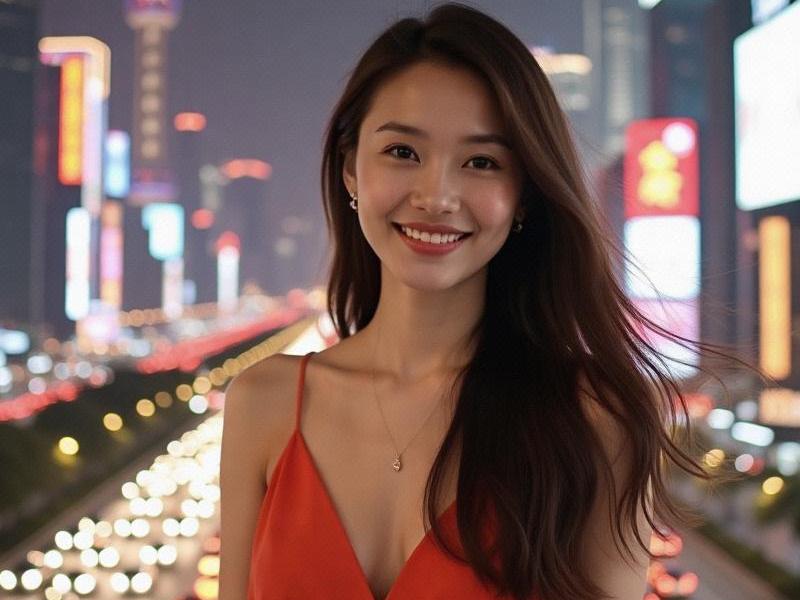This 2200-word investigative feature explores Shanghai's transformation into a 21st century cultural melting pot, where ancient watertown traditions collide with cutting-edge digital art, creating unprecedented creative synergies that are redefining China's cultural exports.

The Phoenix of the Bund: Shanghai's Cultural Reinvention
At 8:30 PM on a humid July evening, three cultural revolutions unfold simultaneously across Shanghai:
1. The Digital Archivist: Projects holographic Song Dynasty poetry onto the Huangpu River using 6G-enabled art installations
2. The Heritage Entrepreneur: Hosts a sold-out "Memory Banquet" in Shikumen mansion featuring dishes from 1930s Jewish refugee recipes
3. The Virtual Curator: Launches an AR exhibition where AI-reconstructed Ming vases "float" through Xintiandi's streets
Creative Economy Boom
Shanghai's cultural sector now drives:
上海龙凤论坛爱宝贝419 - 18% of municipal GDP (¥1.2 trillion annually)
- 42 new creative districts repurposing industrial spaces
- 380% growth in cultural startups since 2020
- "Nights of Museums" attracting 12 million visitors yearly
Tradition Meets Technology
Groundbreaking intersections include:
- AI-assisted Kunqu Opera performances with dynamic subtitles in 15 languages
- Blockchain-authenticated contemporary ink wash paintings
上海龙凤419贵族 - VR recreations of 19th century tea trade routes
- Digital twins of the Jade Buddha Temple for global virtual pilgrimages
Global Cultural Exchange
Shanghai now hosts:
- The world's first UNESCO Creative Cities Summit (March 2025)
- Permanent cultural attaches from 63 nations
- 28 international artist residency programs
- "Silk Road 2.0" digital heritage preservation initiative with 17 countries
爱上海同城对对碰交友论坛
The Human Mosaic
Profiles reveal:
- French jazz musicians composing with traditional pipa masters
- Young designers blending qipao silhouettes with smart fabrics
- Elderly Shanghainese teaching dialect through viral TikTok duets
- Refugee descendants reopening 1940s-style cafes as living museums
As Shanghai prepares to inaugurate its floating "Museum of Tomorrow" on the Huangpu River in 2026, cultural economists predict the city will surpass Paris and New York as the world's most influential creative capital by 2030 - not through dominance, but by becoming civilization's most unexpected and equitable crossroads.